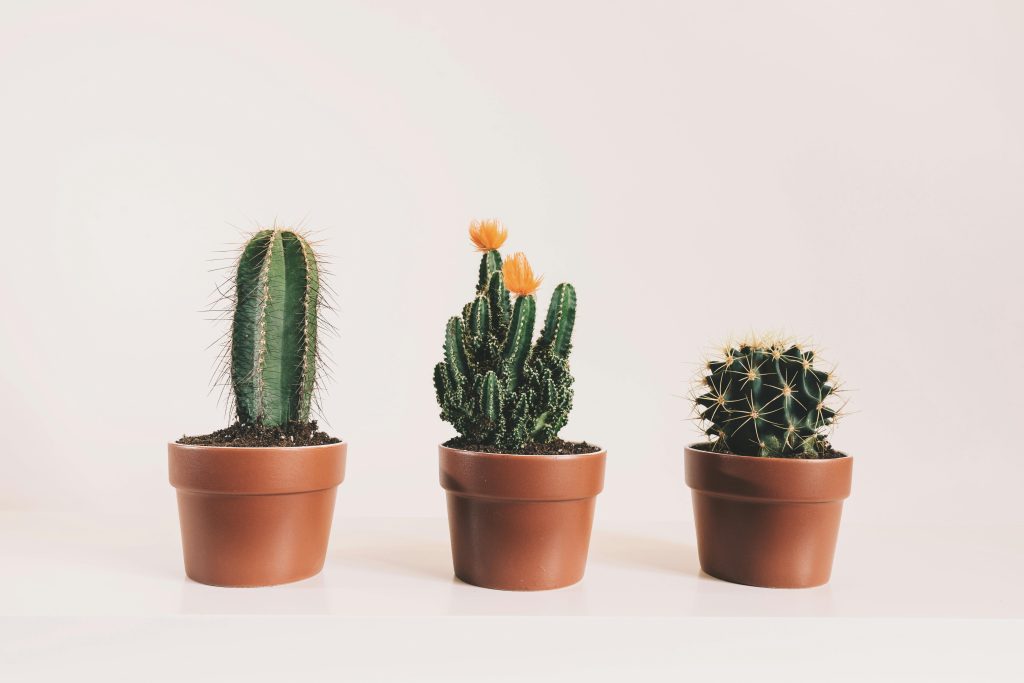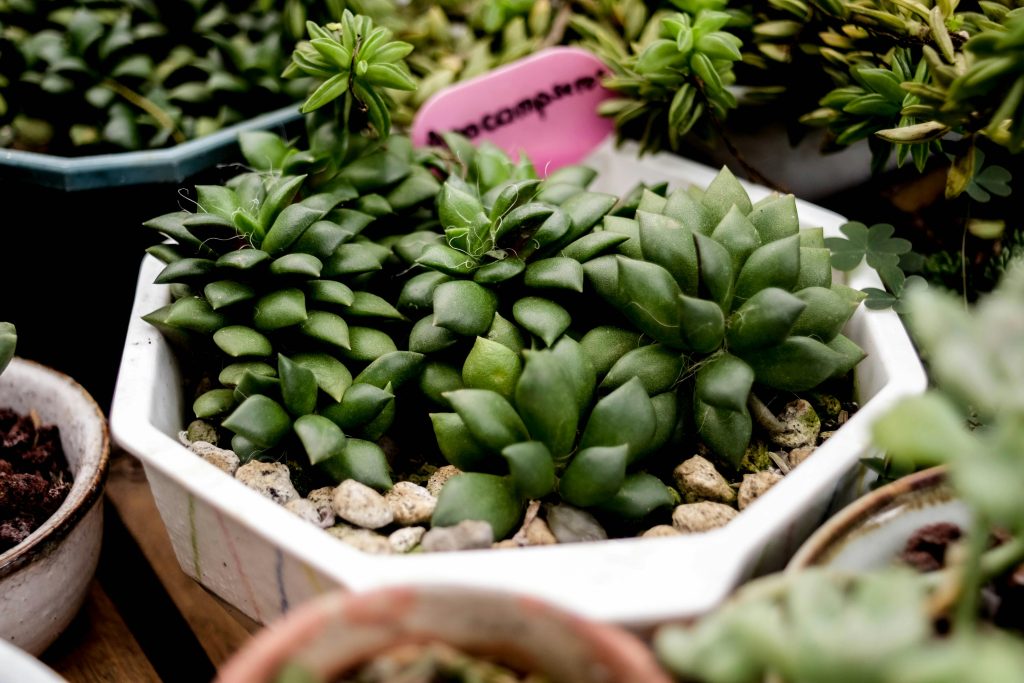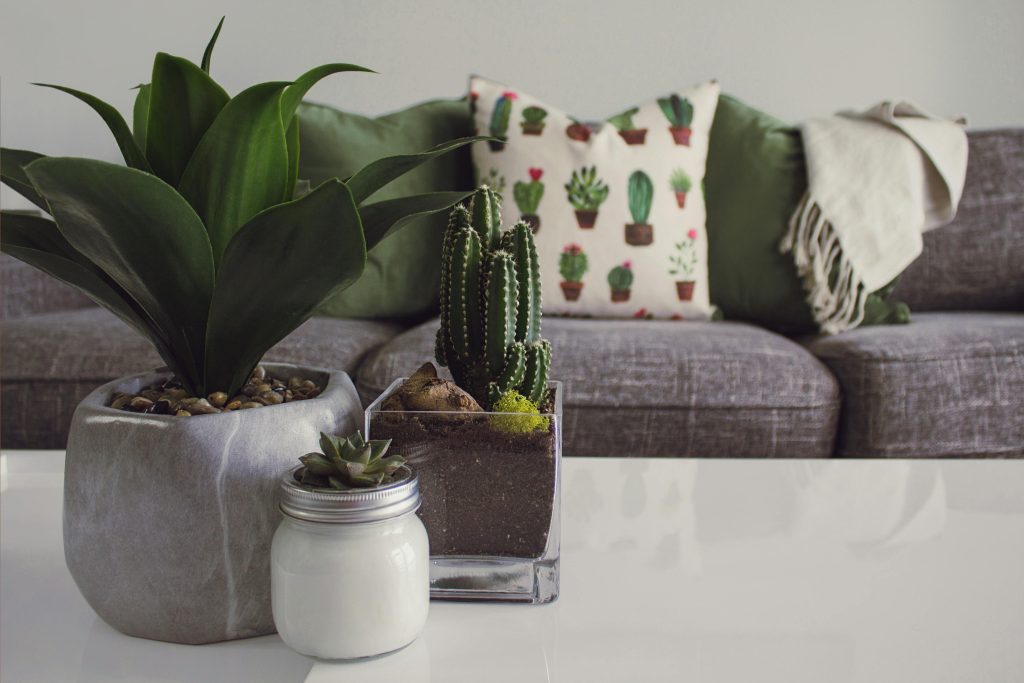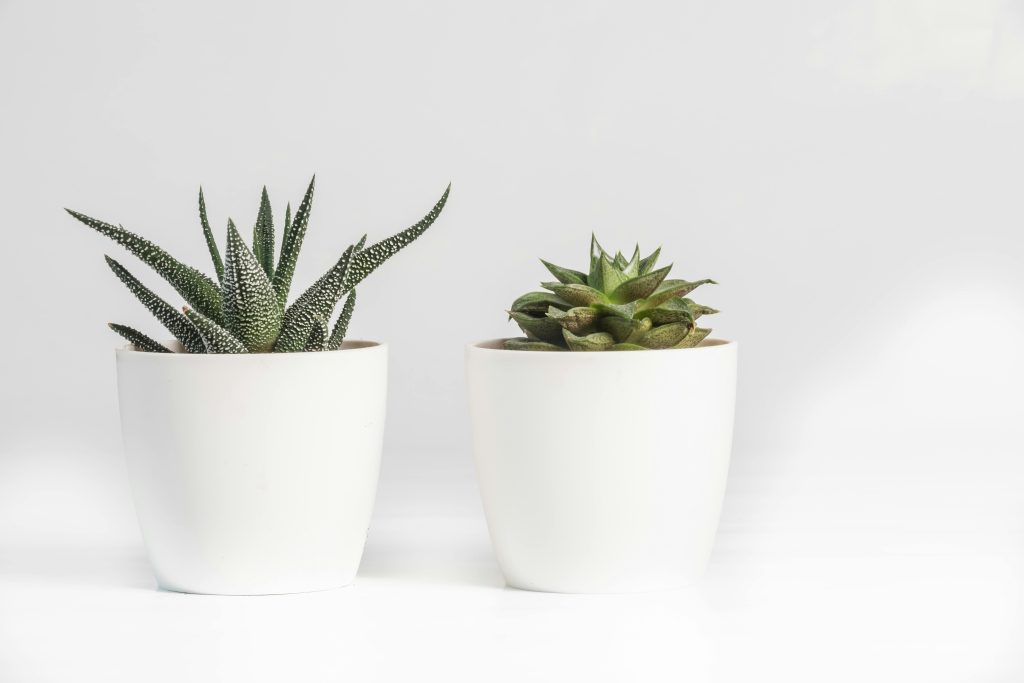Hey there, plant lover! Picture your home or garden bursting with succulents, those cool, water-storing plants that look like tiny works of art. Types of succulent plants come in all sorts of shapes, from plump, rosy rosettes to funky, trailing beads. They’re super easy to love, whether you’re new to plants or a total green thumb. Let’s take a fun stroll through a succulent gallery, checking out the coolest types of succulent plants to help you pick the perfect ones for your space. Ready to find your new favorites?

What Makes Succulents So Special
Succulents are like nature’s superheroes, built to survive dry deserts by storing water in their leaves, stems, or roots. With over 10,000 kinds out there, they’re a hot trend, think Instagram-worthy displays! A 2025 report from the Cactus and Succulent Society says they’re one of the top houseplants because they’re low-fuss and look amazing. Knowing the types of succulent plants helps you choose ones that fit your vibe, whether you’ve got a sunny patio or a cozy apartment corner.
Your Tour Through Types of Succulent Plants
Think of this as a friendly walk through a plant shop, where each type of succulent shines in its own way. I’ve grouped them by their looks and vibe, big and bold, colorful, trailing, tiny, or spreading, so you can find the ones that spark joy for your collection.
Big and Bold: Showstopper Succulents
These types of succulent plants are like the rock stars of your garden, grabbing attention with their dramatic shapes.
- Agave
Agaves are the tough guys, with wide, spiky leaves that scream desert cool. They can grow from 1 to 6 feet wide, perfect for making a statement. Agave americana, or century plant, has huge, blue-green leaves, while Agave ‘Blue Glow’ is smaller with red-edged leaves. They bloom once in their life, shooting up a giant flower stalk.- Why you’ll love it: Big, bold, and perfect for standing out.
- Where it fits: Sunny patios, big pots, or desert-style gardens.
- Cool fact: After blooming, the main plant passes on, but it leaves behind baby plants called offsets.
- Aloe
Aloes are a bit softer, with long, pointy leaves that form star-shaped clusters. Aloe vera is the go-to for its healing gel, great for sunburns, while Aloe aristata (lace aloe) has cute, white-dotted leaves. They sprout red or orange flowers that hummingbirds love.- Why you’ll love it: Pretty and practical for home remedies.
- Where it fits: Kitchen windowsills, rock gardens, or mixed plant displays.
- Cool fact: You can cut an aloe leaf to use its gel for skin soothing.
Colorful Picks: Bright and Cheerful Succulents
These types of succulent plants pop with fun colors, turning your space into a rainbow of greenery.
- Echeveria
Echeverias look like little roses made of thick, fleshy leaves. They come in colors like pink, purple, or soft blue. Echeveria ‘Perle von Nürnberg’ has a pearly, pinkish glow, and Echeveria ‘Black Prince’ rocks dark, almost black leaves. They send up cute flowers on tall stems.- Why you’ll love it: Their colors change with sunlight, keeping things fresh.
- Where it fits: Indoor pots, sunny rock gardens, or cute terrariums.
- Cool fact: More sun makes their colors brighter, like green turning to red.
- Kalanchoe
Kalanchoes are all about bright blooms and fun leaves. Kalanchoe blossfeldiana has green leaves with red, pink, or yellow flowers, while Kalanchoe thyrsiflora (paddle plant) shows off flat, red-tipped leaves. Their flowers stick around for weeks.- Why you’ll love it: Adds cheerful color with flowers and leaves.
- Where it fits: Indoor shelves, garden borders, or mixed pots.
- Cool fact: Kalanchoe daigremontiana grows tiny baby plants on its leaves, called “Mother of Thousands.”

Flowy Favorites: Trailing Succulents
These succulents spill over pots like living waterfalls, adding a playful touch.
- Senecio
Senecios are the free-spirited types of succulent plants, with stems that dangle like necklaces. Senecio rowleyanus (string of pearls) has round, bead-like leaves, and Senecio serpens (blue chalksticks) grows upright with blue, stick-like leaves. Some have little daisy flowers.- Why you’ll love it: Looks like a cascade of green beads, super fun.
- Where it fits: Hanging baskets, wall planters, or as a pot spiller.
- Cool fact: String of pearls is a boho decor dream, dangling like tiny gems.
- Sedum
Sedums, or stonecrops, include types that trail beautifully. Sedum morganianum (burro’s tail) has long, blue-green strands, while Sedum rubrotinctum (jelly bean plant) turns red in sunlight. Their star-shaped flowers bloom in summer.- Why you’ll love it: Perfect for hanging or covering ground.
- Where it fits: Hanging pots, rock walls, or as garden ground cover.
- Cool fact: Jelly bean leaves can fall off and grow into new plants.
Tiny Gems: Small and Cute Succulents
These types of succulent plants are perfect for small spaces, packing big charm into little packages.
- Haworthia
Haworthias are mini succulents that fit anywhere. Haworthia fasciata (zebra plant) has green leaves with white stripes, and Haworthia cooperi looks like tiny glass beads with translucent leaves. They’re great for small spots.- Why you’ll love it: Tiny and cute, perfect for low-light spots.
- Where it fits: Desks, terrariums, or shaded garden nooks.
- Cool fact: Their see-through leaves let light in for extra photosynthesis.
- Gasteria
Gasterias have thick, tongue-like leaves, often with bumpy textures. Gasteria ‘Little Warty’ has green leaves with white dots, and Gasteria bicolor grows in a cool, fan-like shape. They bloom with pink or orange flowers.- Why you’ll love it: Quirky textures in a small size.
- Where it fits: Indoor shelves, terrariums, or shaded patios.
- Cool fact: Their nickname “ox tongue” comes from their thick, tongue-shaped leaves.

Spreading Stars: Clustering Succulents
These succulents multiply, creating lush groups that fill pots or gardens with texture.
- Sempervivum
Sempervivums, or hens and chicks, grow tight rosettes that make baby plants, forming cute clusters. Sempervivum tectorum has green rosettes with red tips, and Sempervivum ‘Red Rubin’ glows bright red. They bloom once, then pass on, leaving offsets.- Why you’ll love it: Spreads to create a full, textured look.
- Where it fits: Rock gardens, outdoor pots, or as ground cover.
- Cool fact: The “hen” rosette makes “chicks” you can replant for more plants.
- Crassula
Crassulas come in all sorts, from tree-like to clustered. Crassula ovata (jade plant) has glossy, round leaves like a mini tree, while Crassula perforata (string of buttons) stacks triangle leaves like a tower. Some have tiny flowers.- Why you’ll love it: Mixes structure and spreading for cool displays.
- Where it fits: Indoor pots, bonsai setups, or outdoor rock gardens.
- Cool fact: Jade plants are said to bring good luck and money.
| Succulent Group | What They Look Like | Top Picks | Perfect Spot |
|---|---|---|---|
| Big and Bold | Spiky, dramatic rosettes | Agave americana, Aloe vera | Big pots, sunny gardens |
| Colorful Picks | Bright leaves, flowers | Echeveria ‘Perle’, Kalanchoe blossfeldiana | Indoor pots, mixed displays |
| Flowy Favorites | Trailing, cascading | Senecio rowleyanus, Sedum morganianum | Hanging baskets, walls |
| Tiny Gems | Small, detailed rosettes | Haworthia fasciata, Gasteria ‘Little Warty’ | Desks, terrariums |
| Spreading Stars | Clustering, multiplying | Sempervivum tectorum, Crassula ovata | Rock gardens, clusters |
Picking Your Perfect Succulents
Choosing types of succulent plants is all about your space and style:
- Small apartments: Haworthias or gasterias are tiny and happy with less light.
- Sunny yards: Agaves or sempervivums love bright sun and open spaces.
- Color fans: Echeverias or kalanchoes bring bright pinks, purples, or reds.
- Texture lovers: Mix senecios with crassulas for flowy and sturdy vibes.
- Tip: Grab one from each group for a fun, mixed look that’s easy to manage.
Growing More Succulents for Free
Lots of types of succulent plants are super easy to propagate, so you can grow more without spending a dime.
- Leaf cuttings: Pull a healthy leaf from echeverias or kalanchoes, let it dry for a day or two, and set it on dry soil. Mist every few days until roots pop up (2–4 weeks).
- Baby plants: Sempervivums or aloes make little offsets you can pull off and plant in new pots.
- Stem cuttings: Snip a 3–4 inch stem from crassulas or sedums, let it dry, and plant in succulent soil.
- Tip: Keep new plants in bright, indirect light and go easy on water until they root.

Watch Out for These Succulent Struggles
Some problems can pop up with types of succulent plants, but they’re easy to avoid:
- Too much water: Aloes or gasterias get mushy if overwatered. Let soil dry out completely first.
- Not enough light: Echeverias or crassulas get stretchy without bright light. Move them to a sunny spot.
- Bugs: Mealybugs (white, cottony spots) can hit any succulent. Wipe them off with neem oil every 5–7 days.
- Tip: Check your plants weekly and use fast-draining soil to keep them happy.
Making Your Succulent Collection Pop
Turn your types of succulent plants into a showstopper display:
- Mix it up: Pair smooth echeverias with bumpy gasterias or dangling senecios.
- Play with height: Set tall agaves in the middle with low sempervivums around them.
- Add color: Combine red sedums with blue agaves for a bold contrast.
- Tip: Use wide, shallow pots or rock gardens to show off their desert roots.
FAQs About Types of Succulent Plants
Jade plants, aloes, and haworthias are super easy, forgiving, and grow well indoors or out.
Most, like haworthias and gasterias, do great indoors with some light. Big agaves might need outdoor space.
Echeverias and kalanchoes shine with pinks, purples, and reds, especially in bright light.
Try leaf cuttings for echeverias, baby offsets for sempervivums, or stem cuttings for crassulas. Keep soil dry until roots form.
Agaves, sedums, and sempervivums love sunny gardens and handle weather changes well.
Wrapping Up Your Succulent Adventure
Exploring types of succulent plants is like picking out treasures for your own mini desert garden. From the bold, spiky agaves to the colorful echeverias and flowy strings of pearls, there’s a succulent for every corner and style. Mix big, colorful, trailing, tiny, and spreading types to create a collection that’s all your own. With their easy-going nature and gorgeous looks, succulents like jades, aloes, and haworthia will make your space feel alive and full of charm.